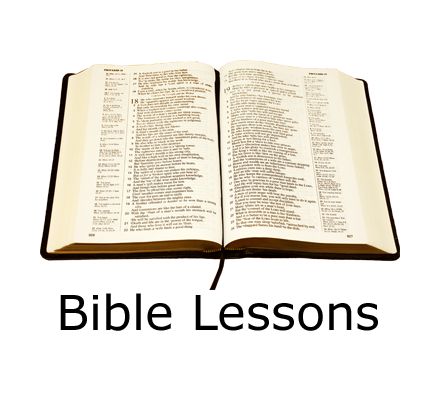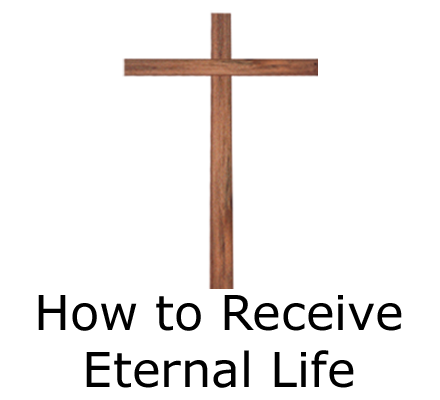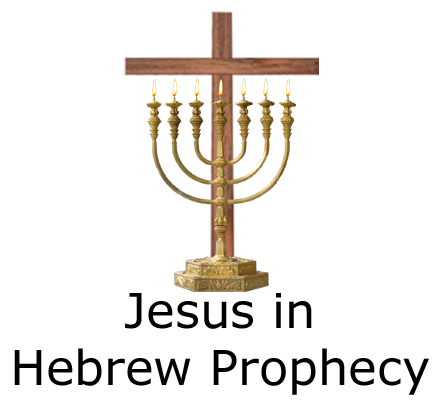“Enough Already!” Exodus 35:30-36:7 Bible Study 10/29/17
This morning we conclude our series of lessons from the book of Exodus. Our text concerns the construction of the tabernacle. The LORD gives specific and detailed instructions and the workers use their diverse talents in conforming to the divine specifications for the structure. Additionally, the people, so richly blessed by the Lord, respond with a display of overwhelming generosity. All of these factors lead to the fitting conclusion of Exodus in Exodus 40:34-38, where the glory of the LORD fills the tabernacle.
I. Assessing the Building
-a clear case of post-calf grace
-a dwelling designed by the LORD
-constructed to communicate
-attention to the LORD’S instruction
-“It is possible to believe that the Bible is the inerrant Word of God—yet neglect it and effectually repudiate it just because we think that it is not great enough for today’s tasks.” (Boice)
II. Embracing the Beauty
-Why not just throw a few boards together?
-empowered artistry: Bezalel and Oholiab
-objective standard of excellence
III. Experiencing the Blessing
-voluntary offering: an “art” form in itself
-Before you render, you receive. (35:1-3)
-time, talent and treasure (35:4-29)
-The people were restrained!
IV. Making the Application
-When you are instructed by God’s principles and inspired by His presence, you pursue lavish participation in His work.
-from the portable to the permanent (1 Pet. 2:5; Eph. 2:21; 1 Cor. 6:19)
-Breathtaking “Beauty” has visited us. (John 1:14)
-Your use of His resources should reflect the depth of His rescue.
-divine artistry to the glory of God!










